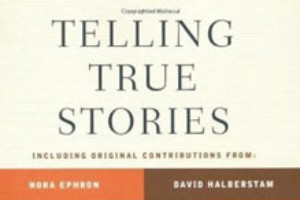
Writing Resources: Telling True Stories
This post contains affiliate links that earn commissions from qualifying purchases. Human beings are built for story. Story is how we perceive the world around us and how we understand ourselves and other people. Through story, we learn and make connections. We use stories to map the future and study the past. Stories are the…Read More

Fiction Writing Prompts for Every Genre
Today I’d like to share a selection of fiction writing prompts from my book, 1200 Creative Writing Prompts, which includes 500 fiction prompts plus prompts for writing poetry and creative nonfiction. Writing prompts are ideal when you’re feeling uninspired because they provide you with ideas for your writing sessions and projects. But prompts are also…Read More

From 101 Creative Writing Exercises: People Are People
101 Creative Writing Exercises takes you on an adventure through the world of creative writing. You get to experiment with fiction, poetry, and creative nonfiction while learning useful writing techniques. Today I’d like to share one of the exercises from the book. This is from “Chapter 3: People and Characters.” The exercise is titled “People…Read More
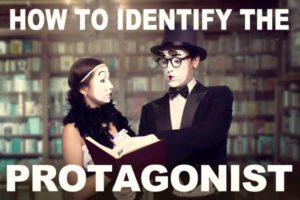
How to Identify the Protagonist in a Story
This post contains affiliate links that earn commissions from qualifying purchases. In most stories, the protagonist is obvious: Harry Potter, Lisbeth Salander, and Katniss Everdeen are unquestionably the protagonists of their respective stories. But sometimes the protagonist isn’t so obvious. In some cases, a false protagonist is planted to intentionally mislead the audience, but the…Read More
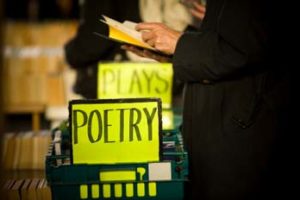
36 Poetry Writing Tips
Poetry is the most artistic and liberating form of creative writing. You can write in the abstract or the concrete. Images can be vague or subtle, brilliant or dull. Write in form, using patterns, or write freely, letting your conscience (or subconscious) be your guide. You can do just about anything in a poem. That’s…Read More

Grammar Rules: Fewer vs. Less
It’s a battle between words: fewer vs. less. Are they interchangeable? Do these words have different meanings? How can we use them correctly? Many people don’t realize that these two words do not share the same meaning and therefore cannot be used interchangeably. As a result, both fewer and less are often used incorrectly. The…Read More

Why We Write, a Sneak Peek at Ready, Set, Write!
Today I’m sharing an excerpt from Ready, Set, Write! But first let me tell you about the book: Ready, Set, Write is an introduction to creative writing that is ideal for young and new writers but also works as a refresher for seasoned writers. It takes you on a tour through various forms of creative…Read More
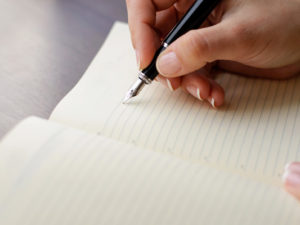
How to Set Writing Goals to Stay Focused and Motivated
One of the things I love about writing is that it’s so accessible. All you need is a pen and a notebook (or access to a computer), and you’re off, putting your words down, expressing yourself. But it’s just as easy to lose your way — to let projects go unfinished, to procrastinate, or get…Read More
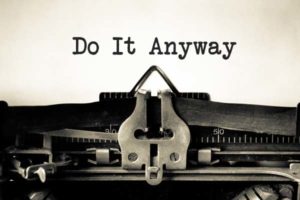
Writing Tips: Do It Anyway
From a distance, writing looks like one of the easiest jobs in the world. You get to set your own hours. You’re not tied to a place of employment. And you spend your days making up stories. However, writing is not as easy as it looks. It can be thrilling, exhilarating, daunting, and exhausting….Read More

Style Guides: Essential Writing Resources for Professionals
This post contains affiliate links that earn commissions from qualifying purchases. When we’re writing, we run into a lot of technical issues. Where do the quotation marks go? When is it correct to use a comma? How should titles be formatted? Some of these questions are answered by the rules of grammar, spelling, and punctuation….Read More



